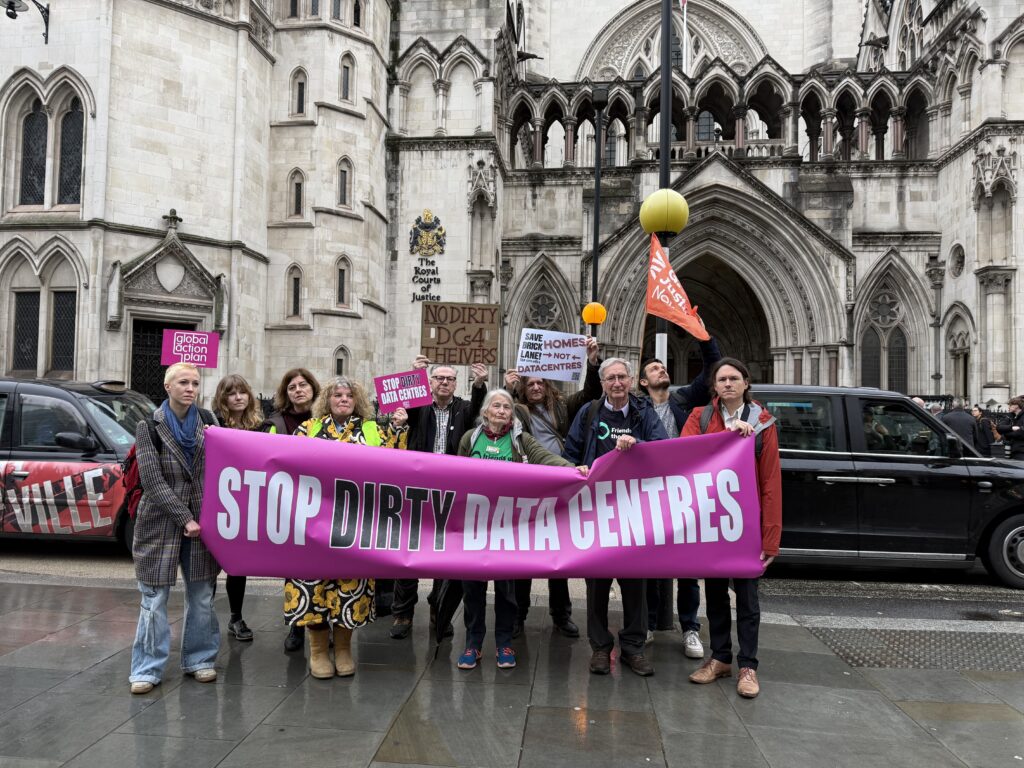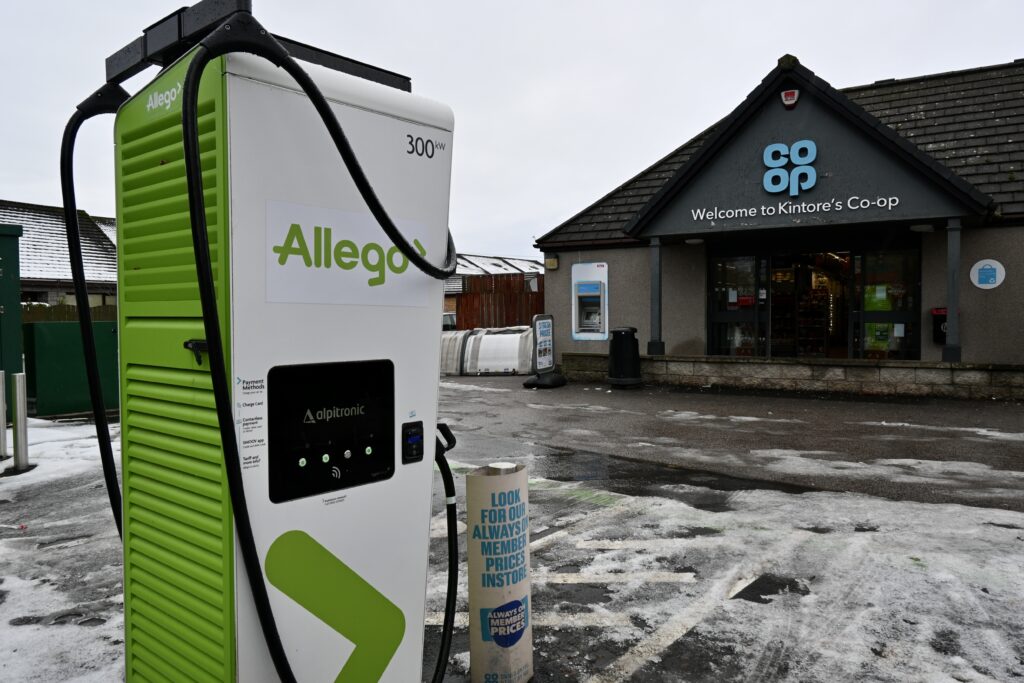The UK’s official national awareness campaign promoting carbon neutrality is celebrating its fifth anniversary. But few people are talking within the context of conserving our most precious resource.
With a focus on transforming infrastructure, operations and public engagement, including the key role that water sustainability and greener energy storage can play, the relationship between water, energy and carbon production has never been more apparent.
To stand a chance of reaching our climate goals and safeguarding long-term water security, we must place resource sustainability at the heart of every strategy and the resulting actions we take.
Water sustainability is a business priority
This spring has been England’s driest in 61 years. Hosepipe bans and drought warnings are no longer seasonal headlines – they’re signs of systemic stress. Meanwhile, population growth, land use pressures and climate volatility are placing unprecedented demand on our networks.
Water sustainability, once seen as an environmental issue, is now a business-critical priority – for resilience, regulation and reputation.
And to reflect the issue, at this year’s net zero event, one of the discussions centres around whether the humble hot water cylinder can play a crucial role in the path to carbon neutrality.
The UK’s dramatic shift from carbon-based electricity to renewable energy presents huge challenges for the national grid to match supply with demand. Over £1bn annually is spent switching off wind farms because of insufficient demand for the power.
It is suggested that energy storage products, such as hot water cylinders, will be needed to bank the excess energy when it is generated and therefore reduce peak demand that results in carbon emissions.
It is claimed that if the nine million hot water cylinders in the UK were smart connected to the national grid, using existing technology, they could unlock 23GWh of green daily energy storage to help reduce CO2 emissions[i]. Whether people think the proposal is viable – or not – it certainly demonstrates out-of-the-box thinking.
Data collection and insights are drivers for water conservation
Modern analytics and AI tools are also game-changers in water management. By providing granular insights into water usage, leakage, and wastage, these technologies empower stakeholders to make informed decisions.
One notable framework emerging from this revolution is the Water-Energy-Carbon (WEC) nexus, which highlights the interconnection between water consumption, energy use, and carbon emissions. This integrated perspective is critical for advancing net-zero goals, as reducing water waste can directly impact energy savings and carbon reduction.
The 50L Home Coalition is piloting a project involving groundbreaking innovations in 30 London homes later this year. The insights gained will inform new ways to reduce consumption while maintaining comfort, aiming to achieve the ambitious target of limiting daily household water use to just 50 litres per person – far below the current UK average of 145 litres. Projects such as these, revolutionise water usage, developing groundbreaking solutions for water management and urban sustainability.
In addition, water-saving technology is on the rise, with UK-based innovations leading the way in both commercial and domestic settings. These solutions allow us to better understand and optimise our water use, offering practical solutions for everyone.
We need to significantly reduce water wastage at the source – by fixing leaks, using water-efficient appliances and more importantly, giving people the tools to enable them to consume responsibly. Smart showers and leak detectors are already showing promise. By analysing usage patterns, they can suggest conservation strategies tailored to individual households.
These efforts are crucial as urbanisation accelerates and home building increases. Without robust strategies for sustainable water use, the pressure on our municipal systems will continue to grow, exacerbating resource scarcity and environmental impacts.
Reducing emissions and protecting resources
Water abstraction, treatment, pumping and wastewater processing are all energy-intensive. Cutting operational emissions remains vital to meeting Ofwat and UK Water Industry Research’s net zero targets. But true sustainability goes beyond carbon.
It means reducing leakage, improving water efficiency, and managing demand – because every litre we don’t use is energy we don’t spend.
It also means rethinking materials, construction, and procurement – embracing circular design to reduce embedded carbon and environmental impact.
From low-carbon concrete to plastic-free alternatives in pipework and packaging, the technologies exist. What’s needed now is mainstream adoption and a willingness to scale.
Behaviour change as infrastructure
The most overlooked and potentially the most powerful tool we have is changing our behaviour. Smart meters, leakage alerts, new ‘nudge’ technology and user education are already shifting how people think about water. To help accelerate this, we need campaigns that link water use to climate impact, like those encouraging reuse, shorter showers or fixing leaks.
Encouragingly, research shows that behaviour change in one area (such as cutting plastic use), often sparks broader shifts in values and habits. By embedding sustainability into public-facing initiatives – through partnerships with housing developers, retailers and local authorities – we can help make sustainable water use second nature.
A net zero water future is possible
Achieving water sustainability requires collaboration across regulators, industry, supply chains, local government, and users. Net zero is not just a technical transition – it’s a cultural one.
Across the UK, we’re already seeing early adopters and innovators leading the way: companies trialling AI-driven water management and leakage detection and the use of water-efficient taps, toilets and showers in new builds. These efforts should be recognised, celebrated and replicated.
The UK water industry has proven time and again that it can deliver under pressure. But the scale and complexity of the climate crisis demands more than incremental change. It calls for systemic thinking, bold investment and long-term vision.
As we mark Net Zero Week 2025, I urge us all to remember that water is not only significantly impacted by climate change – it is part of the solution. Every drop we save, every emission we avoid and every community we engage and assist with helps bring us closer to a sustainable, resilient, and climate-smart future.
Steve Harding is Founder and CEO at Showerkap, a pioneering UK green tech company. Its platform enables businesses to move towards net zero by monitoring and managing water and energy usage in granular detail.
Image: A M / Unsplash
More Case Studies, Features and Opinion:
How a German city’s facelift was used to upgrade water management
From Adaptation to Resilience: Heatwave underscores need to rethink UK’s climate problem

















